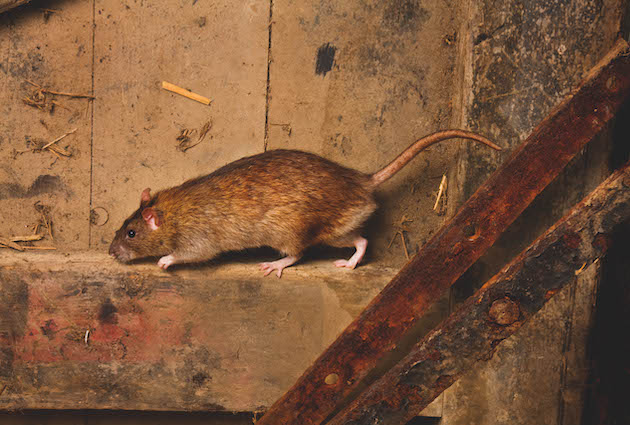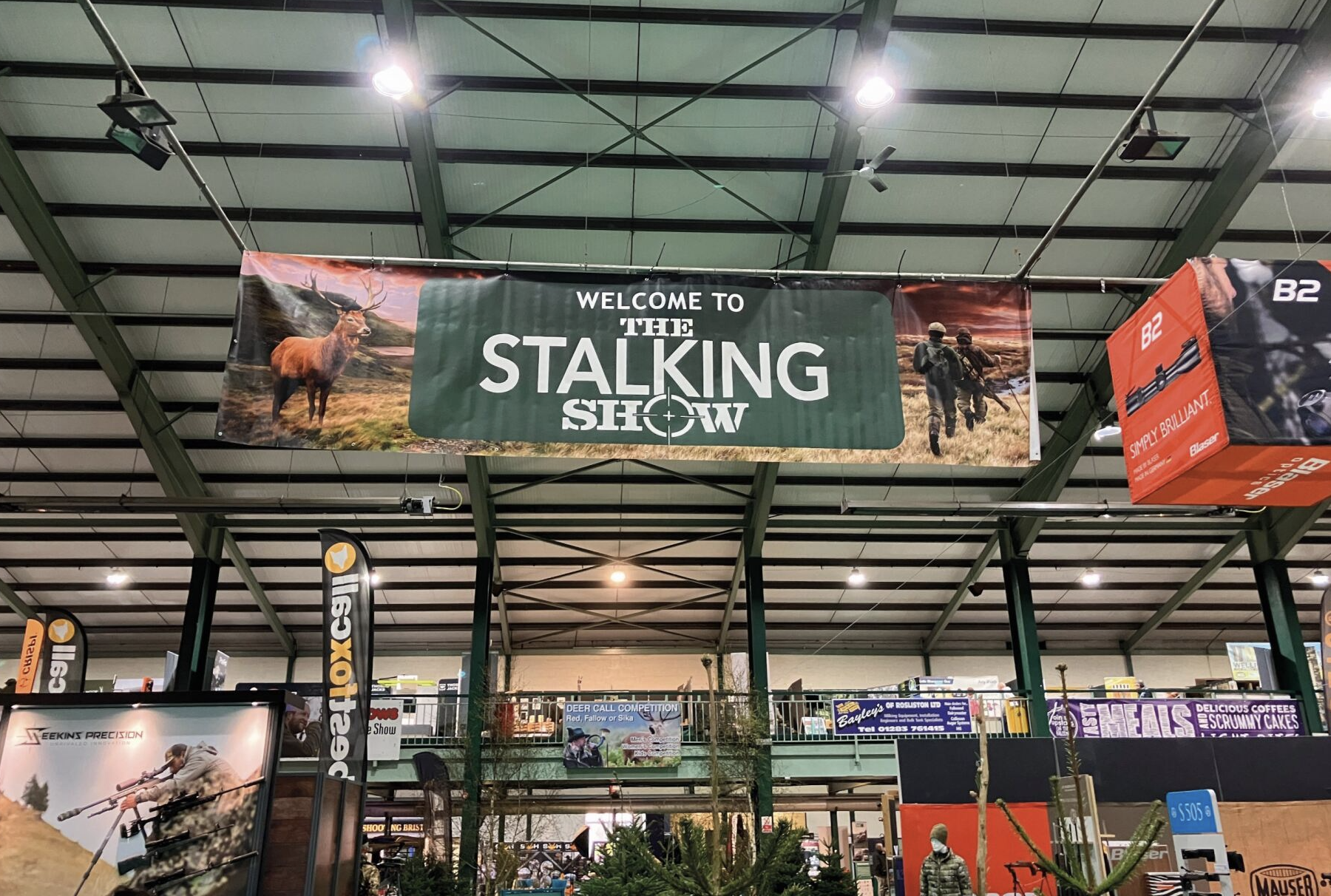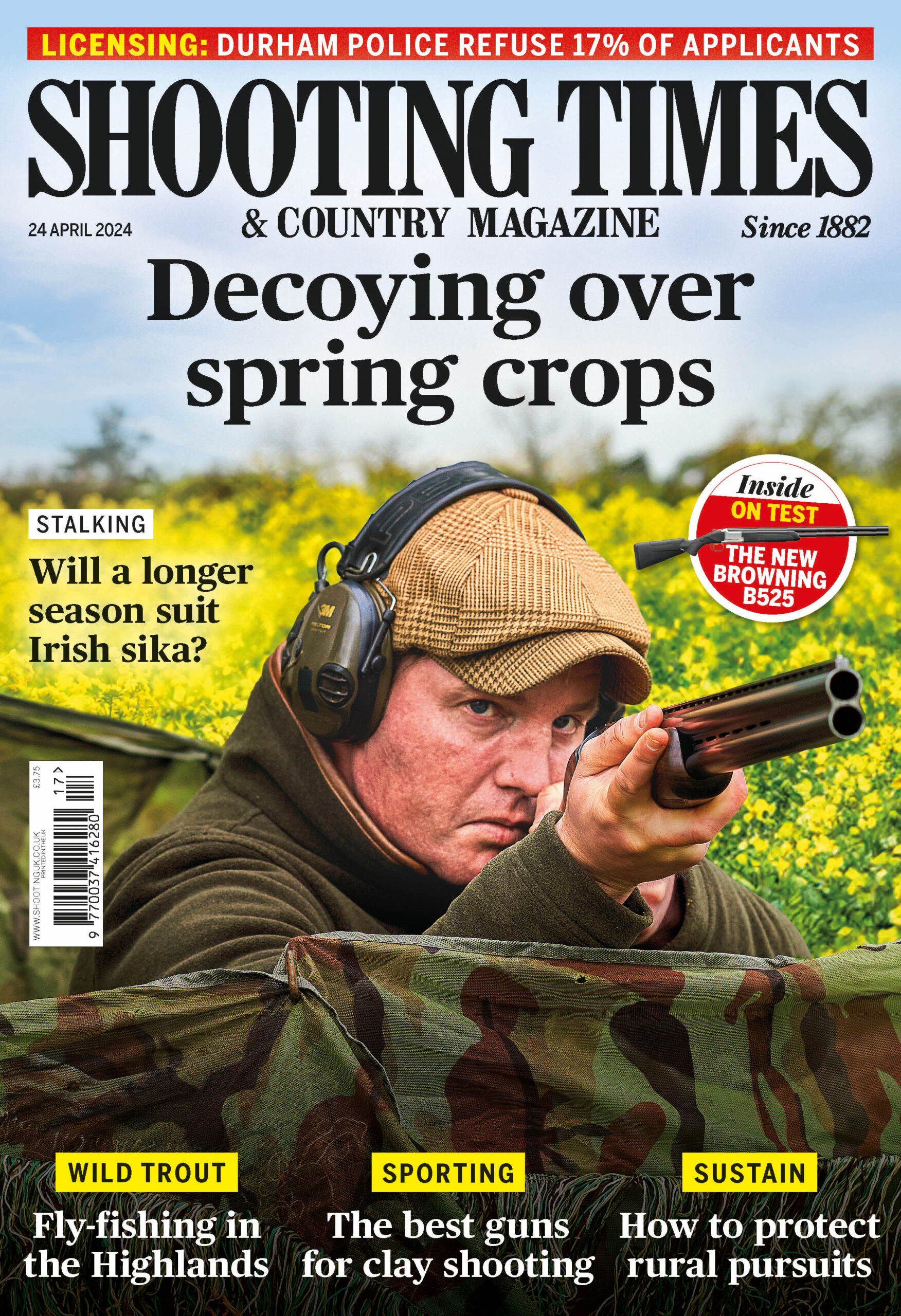Over the counter rodenticides posing threat to Britain’s wild birds
Brodifacoum, the poison found in the body of a dead eagle in Dorset, has also been detected in 88% of barn owls and another poison Bromadiolone is believed to be a major factor in kestrel declines, yet both can be readily purchased online by the general public.

Brodifacoum and Bromadiolone are types of poison called second generation anticoagulant rodenticide (SGARs). These poisons were introduced in the late 1970s as rats and mice evolved resistance to existing poisons such as Warfarin. Brodifacoum and other SGARs work by blocking the action of vitamin K and by weakening capillaries. Together these effects cause poisoned animals to bleed to death internally.
They are highly effective rat poison, but increasing evidence shows a ‘bioaccumulation’ effect. This means that they build up in the food chain with lethal effects for top predators. The presence of Brodifacoum in the body of a white tailed eagle found dead in Dorset has focussed attention on the issue. While police were unable to rule out deliberate use of the poison to the bird, so-called secondary poisoning, which occurs when a scavenger or predator eats an animal which has been poisoned, is considered more likely. Now new research from the campaign for responsible rodenticide use has found the poison in the bodies of 88% of the barn owls.
The concentration of the poison was below the lethal levels and the effects of this low level poisoning is not well understood. What is now very well understood is that SGARs are killing large numbers of kestrels. A study in 2021 found that Bromadiolone was present in the livers of 67% of kestrels and that its use was a key driver of the decline in kestrel numbers in England.
However, Shooting Times found that both products could readily be bought online and that even ‘professional’ strength products, which are supposed to only be available to trained users, were easily bought by home users with no formal training.
Terrier enthusiasts were keen to point out that their dogs represent an effective alternative. Terrier fan Alan Brow told Shooting Times: “Terriers are a highly effective and humane way to kill rats and they don’t kill barn owls and kestrels. Farmers and keepers should talk to local ‘rat packs’ for help with reducing rodents.” (Read more about ratting with terriers here. )








